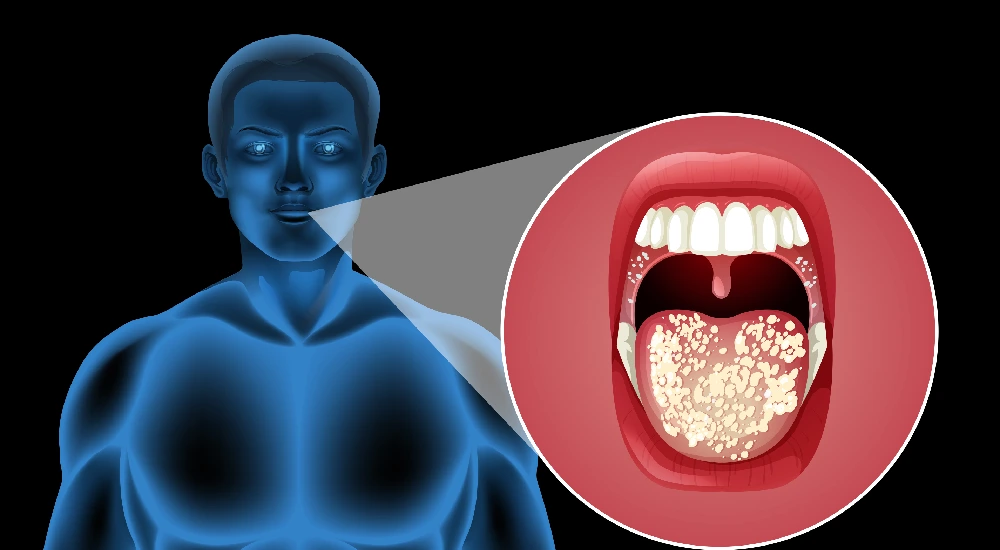
Types of Headaches - A Type Caused by Brain Tumors
The term ‘headache’ is so intertwined in our lives that we forgot it’s a medical symptom or a chronic condition. Instead, we use it as an expression like ‘working with him is a headache’ or ‘talking to her is a headache!’
Mild headaches are pretty common in life. You should be worried only when it is persistent. Even when it is persistent, do not come to a worrisome conclusion without proper diagnosis.
It is difficult to know the exact cause of headache without proper medical help as there are more than 150 types of headaches.
The World Health Organization claims that 75% of adults suffer from some type of headache at least once in a year and about 5% of the world's adult population is suffering from some type of chronic headache.
Different Types of Headaches
Don’t you worry, we are not listing down the whole 150+ headaches here. Instead, find the differences between mild and severe headaches to seek on-time medical help from your nearest ENT hospital.
- Stress-Related : It is common to feel a heavy head or mild pain between your temples after a long day at work or an argument with your spouse or partner. You can sleep it off and you will be okay the next day.
- Migraine : This is a chronic headache and causes pulsating pain that can last from 3 to 4 hours. In some people it can last for more than 24 hours. The symptoms include a throbbing pain at any one side of the head, sensitivity to light, visual aura, and vomiting.
- Cluster Headaches : Severe in the lot. They are called cluster headaches as the attack comes in groups. Severe pain right behind one or both eyes, drop of eyelids during the attack and reddening of eyes are a few symptoms.
- Chronic : Chronic headaches last for days to months. And, the reason can be migraines, tension-related and hemicranias continua which is a headache disorder itself and not a symptom.
- Sinus-Related : A deep pain in the cheekbones, nose bridges and the forehead affects the day to day life of the person diagnosed with sinus. The gunk that gets released from your nose will be green or yellow if the headache is sinus-related.
And, there are headaches related to exercises and Vertigo. Most of the headaches are not life-threatening. But there are other types of headaches that can be a symptom of a severe health issue like brain tumor.
Brain Tumor and Headaches
Frequent and severe headaches are the major symptoms of brain tumor. Usually, brain tumors do not show any symptoms in their early stages.
One thumb rule to know if the headache is related to brain tumor is that the person might wake up from sleep with a headache. And, this happens more than frequently.
In addition, tumor-related headaches are more painful than the regular ones. They last longer and the person might also feel numbness in legs and hands.
Again, there are other conditions such as sleep apnea and cluster headaches that share the same symptoms. Observe for more accurate brain tumor symptoms as mentioned below.
Brain Tumor-Related Headaches - Noticeable Signs
- Chronic headache attacks that last from days to a month
- Headache that switches based on your head’s position or posture
- Pain that does not respond to over the counter or prescribed medications
- Morning headaches or headaches that do not allow you to sleep
If these symptoms are associated with rapid weight loss, visual disturbances, sudden inability to communicate properly, confusion, hearing loss, and numbness in limbs.
Brain Tumor Symptoms - When to See the Doctor?
If you are experiencing a combination of the symptoms aforementioned, it is time to see the doctor. Explaining all the symptoms help your physician evaluate and employ appropriate diagnosis.
In most cases, it will be the ENT specialist who will be the primary care provider for headaches. With visible signs of brain tumor, the ENT doctor might refer the patient to a neurologist or a neurosurgeon for CT scan, MRI, and other diagnostic methods like angiogram and finally biopsy.
Based on the stage and type of tumor, the doctor might proceed with surgery, radiation treatment, and chemotherapy.
Conclusion
Brain tumor is a severe condition and needs timely and accurate treatment. The sooner the tumor is found, the better the scope for positive treatment outcome will be.
Headaches are common. However, knowing the types of headaches and their symptoms help you understand them better and act faster.
If you are getting severe headaches that are persistent, visit your nearest ENT hospital for better diagnosis and solutions.
Share This Story, Choose Your Platform!






